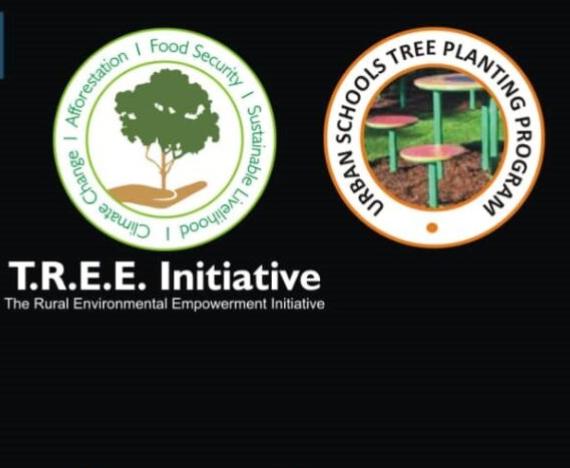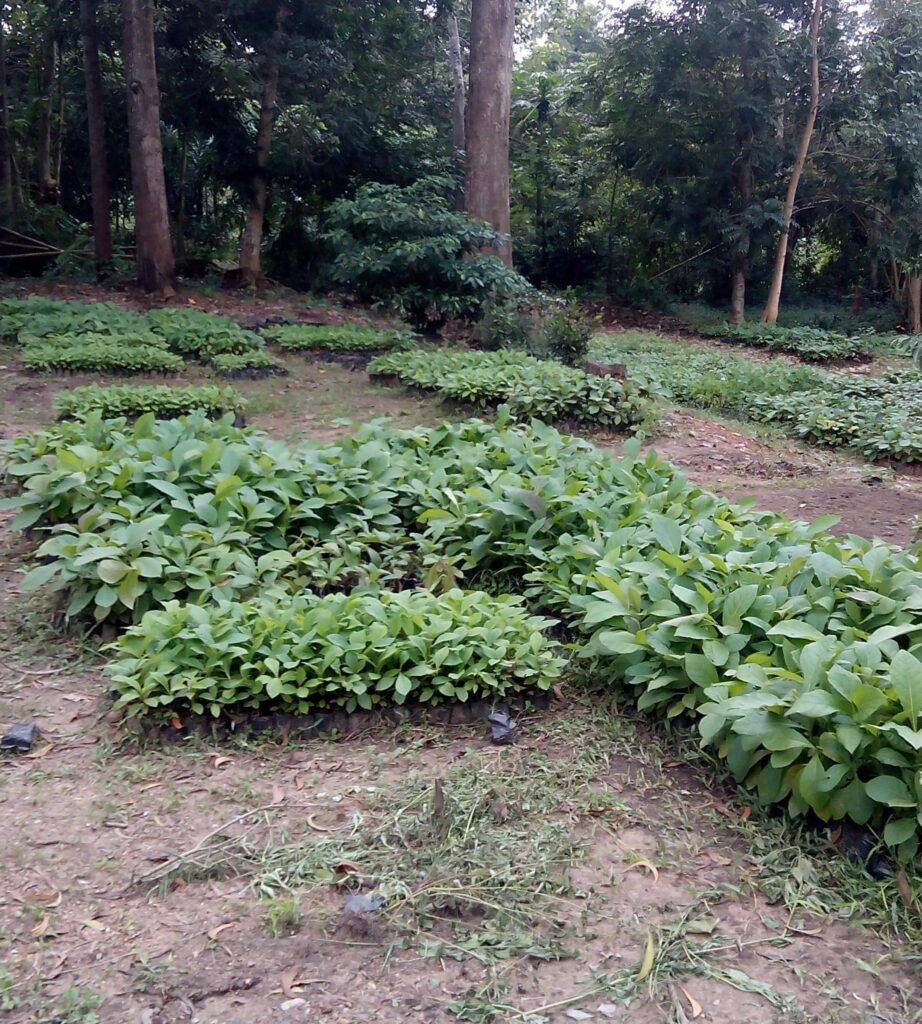A Glance at Our Project Offerings:
Explore our database of projects tailored towards sustainable environmental stewardship and open for funding collaborations.

One Student One Tree Project (OSOTP)
The One Student One Tree Project (OSOTP) is a collaborative initiative launched in 2018 between T.R.E.E. Initiative and Nigerian tertiary institutions. OSOTP promotes environmental conservation, reversing degradation and supporting Sustainable Development Goals (SDGs), specifically 9 of the 17 goals. The project advocates for mandatory tree planting and nurturing by undergraduates, particularly in Faculties of Agriculture and Environmental Sciences. Through legislative support, OSOTP aims to become a national policy and academic module, ensuring environmental stewardship. By integrating tree planting into academic curriculum, OSOTP fosters a culture of conservation among Nigerian youth, contributing to a greener, sustainable future.

National Shea Tree Restoration Project (NASTREP);
The National Shea Tree Restoration Project (NASTREP) was designed by T.R.E.E. Initiative to promote agroforestry and climate adaptation in Nigeria’s Shea Belt. Opened for collaboration with donors and partners, NASTREP will empower 20,000+ smallholder women farmers across 22 states to plant and restore improved Shea Tree seedlings. Between 2019 and 2030, the project aims to plant and nurture over 1 million Shea Butter tree seedlings using tracking technology. NASTREP will mitigate the extinction of Shea Butter trees, reduces deforestation, and support livelihoods for nearly 1 million rural women dependent on the Shea value chain. By restoring parklands and landscapes, T.R.E.E. Initiative will continue to advocate for sustainable environmental practices and secures Nigeria’s Shea Butter tree population for future generations.

Community Based Mangrove Restoration Project (COBMAREP);
The Community-Based Mangrove Restoration Project (COBMAREP) will educate locals in the Niger Delta riverine communities on Mangrove ecology’s importance. Under COBMAREP, we will distribute mangrove seedlings free to women and youths in six states: Akwa-Ibom, Bayelsa, Cross River, Delta, Edo, and Rivers. The project will promote community-led restoration and conservation of mangrove forests. A unique tracking platform will monitor the survival and growth of planted seedlings, ensuring accountability and effectiveness. By empowering local communities, COBMAREP will conserve mangrove ecosystems, support biodiversity and enhance livelihoods in the Niger Delta region.

Communities Reforestation Plan 2020-2030;
The Communities Reforestation Plan (2020-2030) intends promote community-led reforestation in Nigeria through advocacy and tree planting. Launched in 2017, the program has planted thousands of trees across local government areas, empowering rural women and youths to combat deforestation. T.R.E.E. Initiative volunteers use a house-to-house advocacy model, culminating in large-scale tree planting during the wet season. The initiative collaborates with individuals, foundations, local authorities, and agencies to provide capacity building, partnerships, and sustainable economic activities. By engaging rural communities, the program discourages indiscriminate deforestation, supports biodiversity, and creates livelihood opportunities for rural dwellers.

Urban Schools Tree Planting Project (USTPP)
The Urban Schools Tree Planting Project (USTPP) educates Nigerian school children on tree planting and environmental conservation. The project targets selected urban schools, engaging students of all ages to plant and nurture trees within their premises. USTPP promotes awareness on deforestation and climate action, aligning with SDGs 13 (Climate Action) and 15 (Life on Land). Launched in 2022, the inaugural project was a collaboration between T.R.E.E. Initiative and C.A.K.E. African Village, Illinois, USA. By instilling environmental values in young minds, USTPP fosters a culture of sustainability and climate responsibility among future generations.

Sustainable Apiculture Program (SAP)
The Sustainable Apiculture Program (SAP) empowers young rural farmers, particularly women, in forest and agrarian communities with modern beekeeping skills. SAP promotes integrated livelihoods and income ventures through agroecology, agroforestry, apiculture, and organic farming. The project trains and equips beneficiaries for crop pollination, biodiversity conservation, and sustainable food production. SAP contributes to food security and sustainable agriculture, shaping the future of food. By integrating apiculture with eco-friendly practices, SAP enhances rural livelihoods, promotes environmental conservation, and supports climate-resilient agriculture.

Urban Gardens Project (U-GAP)
The Urban Gardens Project (U-GAP) promotes urban gardening, encouraging city dwellers to utilize idle residential spaces for growing fresh produce. U-GAP aims to increase access to safe, healthy, and organic food, addressing global concerns of food-borne diseases (600 million cases annually). Urban gardening enables individuals to grow their own groceries, ensuring traceability and freshness. By utilizing available urban spaces, U-GAP supports sustainable food production and instant access to homegrown produce. This initiative complements rural food production, promoting food security and healthy eating habits among urban populations.

Highways Tree Planting Project
The Highways Tree Planting Project aims to beautify and maintain intercity and interstate highway medians and setbacks across Nigeria. The project seeks to replace bushes and invasive weeds with trees, enhancing aesthetics and absorbing carbon emissions from vehicles. This initiative promotes environmental sustainability, reduces greenhouse gases, and creates a pleasant travel experience. Collaboration with the Federal Ministry of Works, sub-national agencies, sponsors, and corporate brands will support project implementation. By transforming highways, this project intends to make peace with nature by contributing to a greener, healthier environment and showcasing Nigeria’s commitment to environmental stewardship.